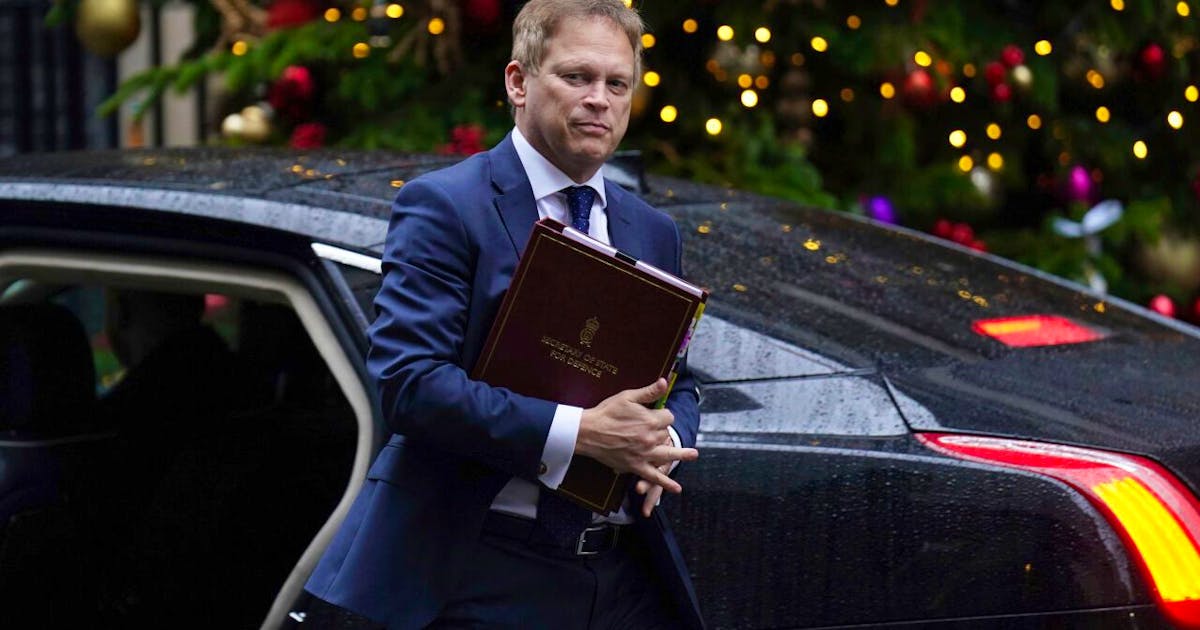The 2030 World Cup became more real on Wednesday: as FIFA surprisingly announced, the anniversary tournament will be held in six countries across the three continents of South America, Europe and Africa, making it a fascinating competition in the centenary of the men’s World Cup. A World Cup that will be to the taste of FIFA President Gianni Infantino. Not only was the contract awarded to Spain, Portugal and Morocco, but the South American countries Uruguay, Paraguay and Argentina would also play a special role in the World Cup seven years later.
Read more after the announcement
Read more after the announcement
How will the event take place?
The calculation is simple: three matches in South America, and the rest will be played in Spain, Portugal and Morocco. The ball will first roll in Uruguay as part of the “centenary celebration ceremony” for the opening match in Montevideo, Infantino confirmed on Wednesday. “In 100 years, the world will once again look to Uruguay and to our centenary team at the opening of the 2030 World Cup. This honor does justice to these pioneers who made football history.” Paraguay and Argentina will then host another match before the World Cup group moves to the Southwest Europe and North West Africa The remaining matches will then be played for the 48 participating countries, including the knockout and final rounds.
Read more after the announcement
Read more after the announcement
Are all 6 hosts automatically eligible?
A similar question was already raised in relation to the World Cup four years later. This tournament has three hosts: Mexico, the United States and Canada. In the spring, FIFA announced that the three host nations would automatically qualify for the 2026 World Cup. The top three finishers from the starter pool from North and Central America and the Caribbean would be deducted. According to FIFA, Spain, Portugal and Morocco will also automatically participate, “subject to the successful completion of the application process implemented by FIFA and the decision of the FIFA Congress in 2024.” It is still unclear whether Uruguay, Paraguay and Argentina will be there automatically as well, but it can be assumed that the South American trio will have to buy their tickets through the South American World Cup qualifiers.
In which stadiums can the match be played?
A decision on this is likely to be made only when the plan is approved by the FIFA Congress next year. The opening match will certainly be held at Estadio Centenario in Montevideo (capacity: 60,000 spectators). In Argentina, River Plate’s Monumental Stadium in Buenos Aires, which is used as a national stadium by the World Champions League, is ideal. In Paraguay the situation is similar to the Defensores del Chaco stadium in Asuncion.
The three main hosts have already set out plans for the stadium layout in their application process. The Spanish Federation has named 15 potential stadiums – even before Morocco joined the application – and the contract should be awarded to eleven stadiums. These include, of course, Real Madrid’s Santiago Bernabeu, Barcelona’s Camp Nou, and Atletico Madrid’s Wanda Metropolitano – but also smaller arenas, such as Las Palmas.
Read more after the announcement
Read more after the announcement
Portugal were originally scheduled to be represented by Benfica Lisbon’s Estadio da Luz, Sporting Lisbon’s Estadio Da Luz, and Porto’s Estadio Drago. After Morocco joined the show, no new statements were made except by the African representative. Morocco will likely have six stadiums – the Ibn Battuta Stadium in Tangier, the Prince Abdullah Stadium in the capital Rabat, the Adrar Stadium in Agadir, the Fez Stadium in the city of the same name and a new 90,000-seat stadium in Casablanca:
Where will the final match be held?
In its application regulations, FIFA has clear requirements for the stadium that will host the final: it must accommodate at least 80,000 spectators. As it stands, only Barcelona’s Camp Nou or Madrid’s Santiago Bernabeu can offer that. After the new building, the new stadium in Casablanca will also be able to accommodate at least this number of spectators. The Bernabéu probably has the best chances: World Cup finals are usually held in capital cities and, since 2006, have always been held in or near the largest city of the host country. By the way, it is not yet clear in which American city the final will be held in 2026.
Sports bell

“Internet nerd. Avid student. Zombie guru. Tv enthusiast. Coffee advocate. Social media expert. Music geek. Professional food maven. Thinker. Troublemaker.”






/cloudfront-eu-central-1.images.arcpublishing.com/madsack/BMN6QIIXMNDWDHI3RFAIXGJ4KI.jpg)
More Stories
England's Keldon joins the GB Sevens squad ahead of the Olympics
The channel cuts off sports broadcasts because of Kate – fans are angry
Third round of the NHL Round of 16 – Jozy, Fiala, Niederreiter in reserve – Sports